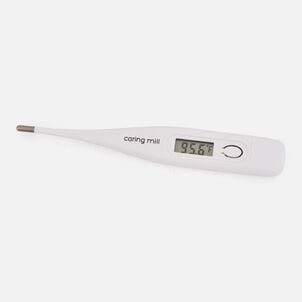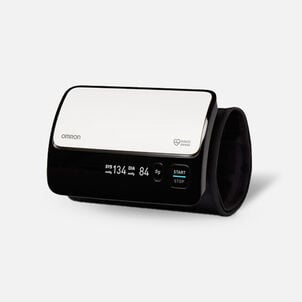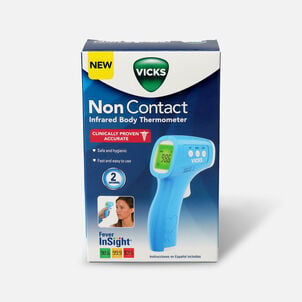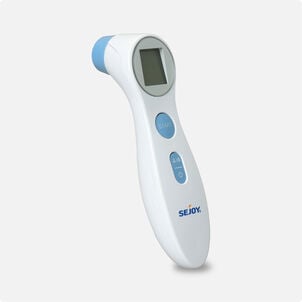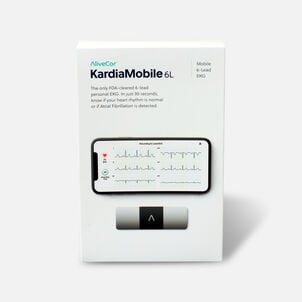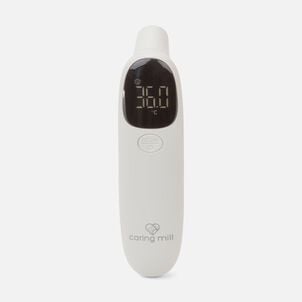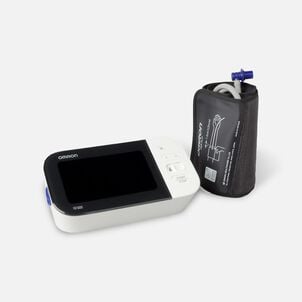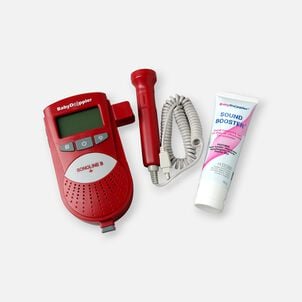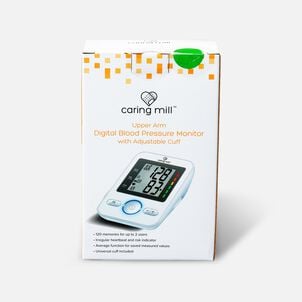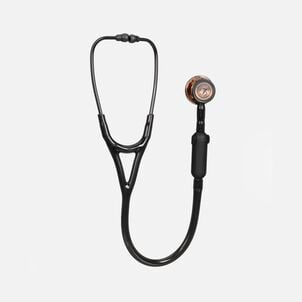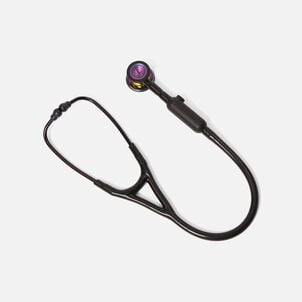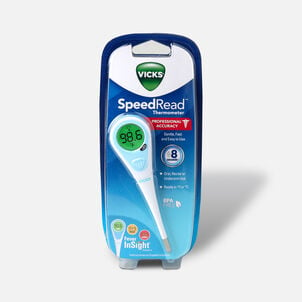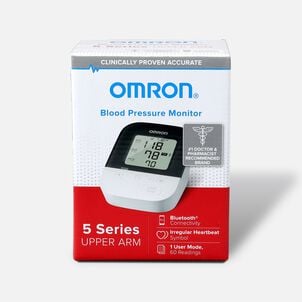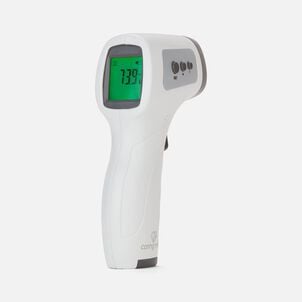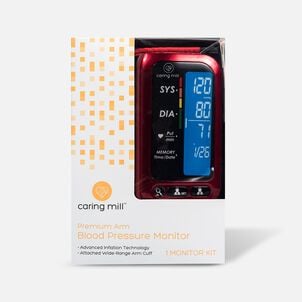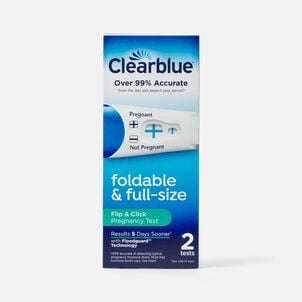The Complete HSA Eligibility List
Here it is — the most-comprehensive eligibility list available on the web. From A to Z, items and services deemed eligible for tax-free spending with your Flexible Spending Account (FSA), Health Savings Account (HSA), Health Reimbursement Arrangement (HRA) and more will be here, complete with details and requirements. Important Reminder: HSAs, FSAs, HRAs and other account types listed may not all be the same. Be sure to check with your administrator to confirm if something is eligible before making a purchase.
Here it is — the most-comprehensive eligibility list available on the web. From A to Z, items and services deemed eligible for tax-free spending with your Flexible Spending Account (FSA), Health Savings Account (HSA), Health Reimbursement Arrangement (HRA) and more will be here, complete with details and requirements. Important Reminder: FSAs, HRAs and other account types listed may not all be the same. Be sure to check with your administrator to confirm if something is eligible before making a purchase.
Home Health Care: HSA Eligibility
Home Health Care: eligible with a Health Savings Account (HSA)HSA Eligible Home Health Care
Expenses are ineligible for any non-medical services (e.g., housecleaning, personal services).
What is home health care?
Home health care is an expansive term that refers to a wide range of potential medical services that are provided by a caregiver in an individual's home or another facility. Common home health care services include:
- Nursing Care
- Physical Therapy
- Occupational Therapy
- Medical Social Services
- Speech Language Pathology
- Home Health Aides
How does home health care work?
Home health care is meant to replicate the types of services an individual would receive in a hospital or other facility, but it is typically cheaper, far more convenient and still maintains the standard of care that a person would find in a traditional medical setting. The goal of home health care is to treat a specific illness or medical condition, which can help the individual get back on his/her feet, regain independence and return to the path to self-sufficiency (Medicare.gov).
In order to begin a plan of care with a home health care organization, a medical professional's order is needed to get underway, but patients will have the final decision in choosing the home health care organization that meets their needs. This is usually followed by an appointment with the home health care group who will assess the nature of the patient's medical issues and develop a plan of care to help the patient return to good health.
How is home health care reimbursement handled?
Because home health care can also include medical social services, such as those that help individuals handle day-to-day tasks, counseling and other needs related to their medical condition, the caregiver does not need to be a registered nurse. Home health care reimbursement with consumer spending accounts will typically cover the full cost of care that is related to the treatment of a specific medical condition. Additionally, transportation and lodging costs may be covered in certain cases.
However, home health care expenses are ineligible for any non-medical services (e.g. housecleaning, personal services). Patients should be sure to consult with the home health care organization and their benefits providers to understand the full scope of services being offered and what specific services will be reimbursed under their consumer spending accounts.
 |
| 

